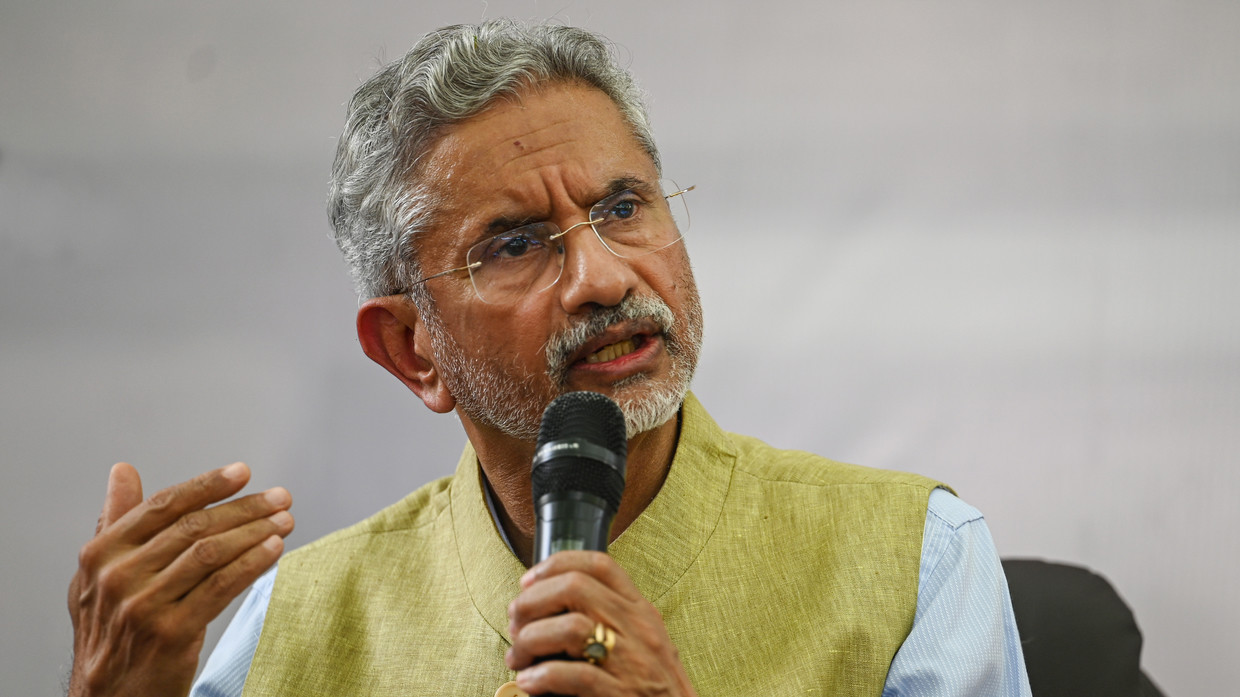India is confident of overcoming challenges to the development of major ties with multiple foreign partners, External Affairs Minister S. Jaishankar has said. He was responding to questions about the country’s balancing act in its relationship with Moscow and Washington.
“It’s not in our interest to be tied down to exclusive relationships… because we have a tradition of strong ties with Russia, that should not become a burden or an obstacle to an equally strong relationship with the United States. Or those two should not stop us from [having a relationship] with Japan or Europe or whoever else we are looking at,” Jaishankar stated at an event in Kolkata last Friday.
“I do not see our relationships as a kind of zero-sum game... On the contrary, my effort is to see if I can actually advance on multiple major relationships all at the same time in the best possible fashion. Obviously, it is not easy, requires a lot of nimbleness to do that, there are some complications, but that is today the hard challenge for Indian diplomacy that we feel confident of tackling today,” he added.
The foreign minister said the current geopolitical landscape was shaped by two major divides: east-west and north-south. However, he acknowledged Prime Minister Narendra Modi’s efforts to position India “advantageously” in relation to both of these. He emphasized India’s credibility as the voice of the Global South, as well as a strong democratic power.
Speaking at another event in New Delhi last week, Jaishankar described India’s relations with Russia as “very unique,” and said they had been maintained “despite all turbulence.”
“In this period, for all the pressures on us, I think we have… made our own evaluation of the importance of this relationship,” he added.
India has faced pressure from its Western partners over its stance on the Ukraine conflict and its reluctance to support US and EU sanctions on Russia. In the past year, New Delhi has not just continued but expanded its economic engagement with Moscow beyond traditional areas such as weaponry, mineral fertilizers, precious stones and metals. India has also emerged as a key consumer of Russian crude oil, taking bilateral trade to over $40 billion – well beyond targets set prior to 2022.
Jaishankar also warned against attempts to reduce New Delhi’s ties with Moscow to defense cooperation, in which Russia remains India’s key technology partner and supplier.
“I think it’s far more complex than that,” he said. “There is a geopolitical logic for what we are doing, what we have been doing with Russia.”
He noted that many of the plans to expand economic cooperation between New Delhi and Moscow have come to fruition. “So you actually have an upswing in the economic part of the relationship with Russia, even as you have very steady politics and continuing security cooperation,” the minister concluded.

